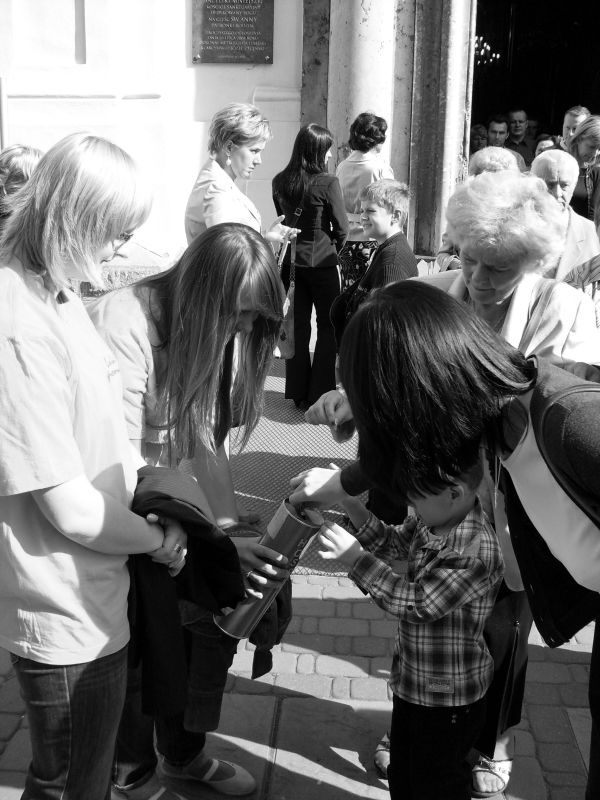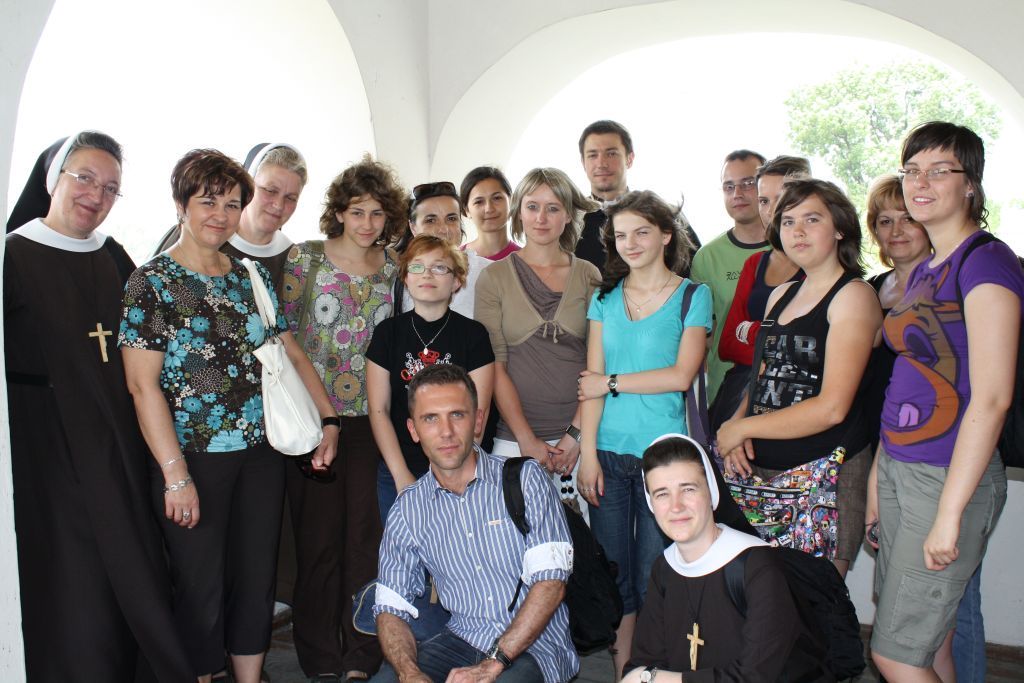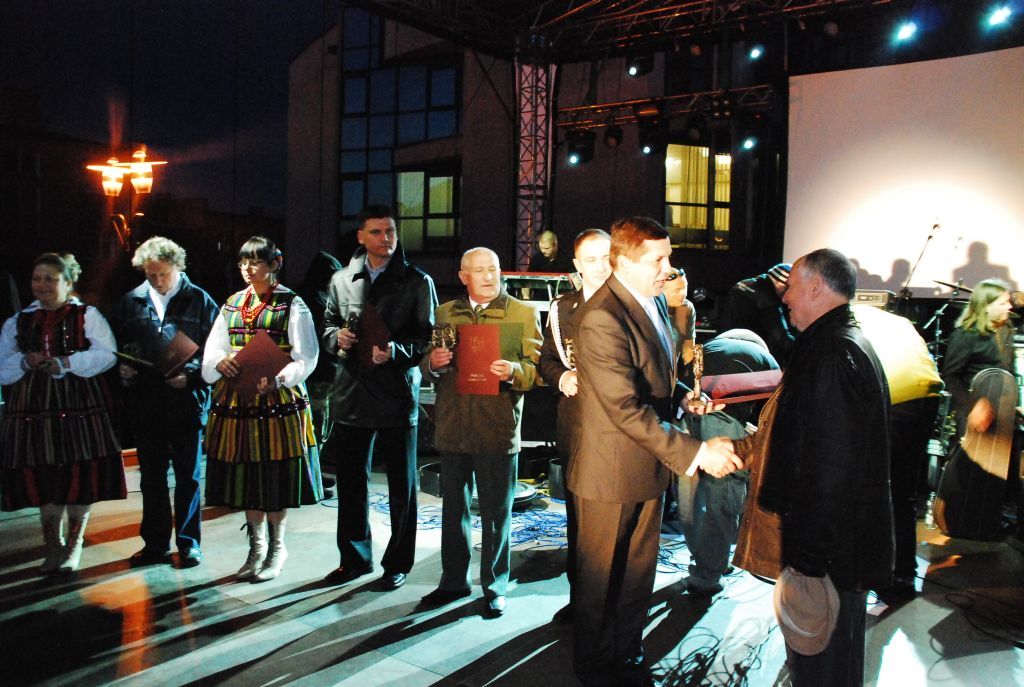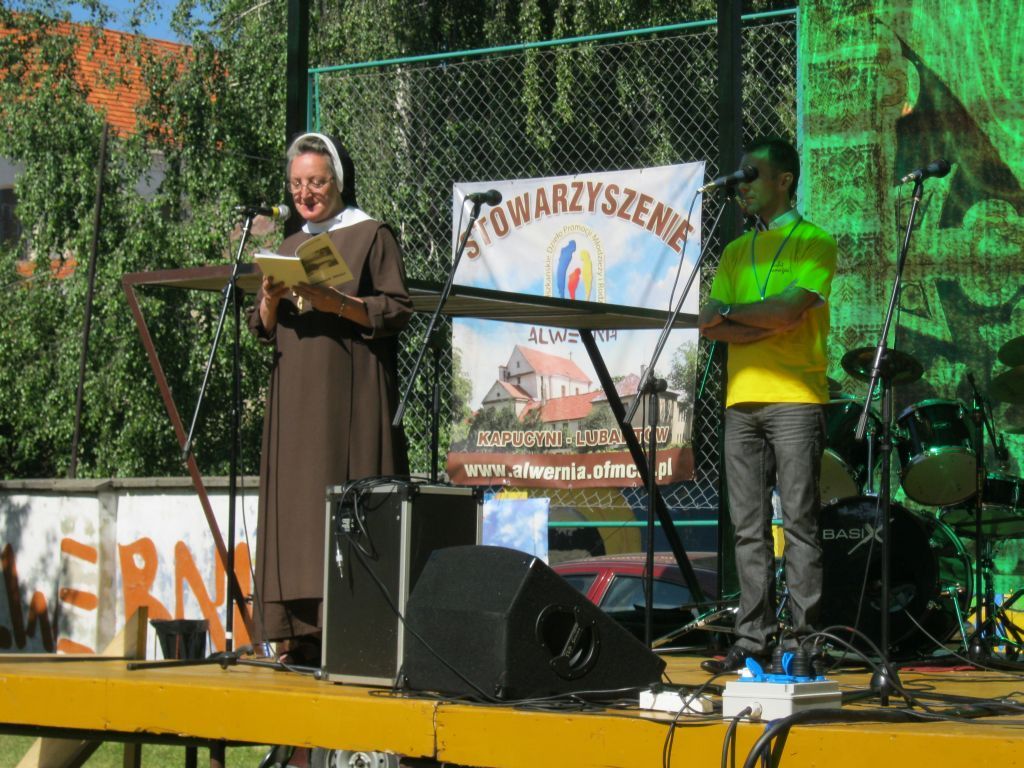arab colonization of north africasection 301 staples center concert
dodane przez dnia lis.20, 2021, w kategorii harley-davidson leather jacket mens
Under Ibn al-NuÊ¿mÄnâs successor, MÅ«sÄ ibn Nuá¹£ayr, the Maghribâat least its eastern portionâwas made into a province of the Umayyad Caliphate in 705âthe wilÄyah of IfrÄ«qiyyah, thus separated from the wilÄyah of Egypt, to which it had been administratively attached until that time. [64][65] Books, music, videos and other material could not be published in Kurdish language. The Arabs capture it after a siege and establish their own garrison town just to the east, calling it Al Fustat. About 30% of the population is considered "Black African", and the other 40% are Arabized Blacks, both groups suffer high levels of discrimination. Cold War Chile.
Some even wrote books. D. Kenyans . Their descendants remained unconverted to Islam, but did however adopt elements of Arabic language and culture and dress. Post Cold War Cuba: Religion North Africa in the period of Phoenician and Greek colonization, c. 800 to 323 BC. [52] Modernists had the upper hand, considering elites supported their ideals, and after the first wave of graduates that had passed their high school examinations in Arabic were not able to find jobs nor attend a university because they did not qualify due to French preference in any upper-level university or career other than Arabic and Religious Studies Department. We like to think that each generation rewrites its history because of advances achieved both in data-collection and interpretative sophistication. This resulted in the deaths of hundreds of thousands of civilians, in mass displacements and coercive migrations, and in the indictment of Sudan's president Omar al-Bashir for genocide, war crimes, and crimes against humanity by the International Criminal Court. In his report for the 12th session of the UN Human Rights Council titled Persecution and Discrimination against Kurdish Citizens in Syria, the United Nations High Commissioner for Human Rights held:[65] "Successive Syrian governments continued to adopt a policy of ethnic discrimination and national persecution against Kurds, completely depriving them of their national, democratic and human rights — an integral part of human existence. Muslim and Jewish exiles fleeing persecution by the Spanish Inquisition infused Morocco with Spanish culture in the 1400s. Old South Arabian was driven to extinction by the Islamic expansion, being replaced by Classical Arabic which is written with the Arabic script. Laqueur, Walter and Barry Rubin, The Israel-Arab Reader (7 th ed. The Arabs capture it after a siege and establish their own garrison town just to the east, calling it Al Fustat. Through his death in this battle and his extended campaign, Ê¿Uqbah became the legendary hero of the Muslim conquest of the Maghrib. Eventually, the Moors were expelled from Spain. 11. However, because of literary Arabic's symbolic advantage, as well as being a single language as opposed to the fragmented Berber languages, Arabization is still a goal for the state, for example with laws on civil and administrative procedures. Colonized peoples, living out their lives in non-settlement colonial environments, were, of course, both shaped and unsettled by the colonial confrontation. After the Arab invasion of North Africa, The Berber tribes allied themselves with the Umayyad Arab Muslim armies in invading the Iberian Peninsula. This policy briefing will begin by giving some background and context on the EU's relationships with Algeria, Morocco, Tunisia, Libya, and Egypt, both before and after the 2010-11 Arab uprisings . The Arabs retained control over much of North Africa until the early 1500s, when the ______ Empire began expanding westward from what is now Turkey. North and West Africa encompasses a geographically diverse expanse from Morocco to Nigeria, and from the Sahel to the Atlantic coast. The Portuguese destroyed the Arab trade routes in the Indian Ocean between Africa, Arabia and India. Although Yemen is traditionally held to be the homeland of Arabs, most[7][8] of the sedentary Yemeni population did not speak Arabic (but instead Old South Arabian languages) prior to the spread of Islam. In the 1970s, Saddam Hussein exiled between 350,000 to 650,000 Shia Iraqis of Iranian ancestry (Ajam). Watch popular content from the following creators: Bruhmania(@saddamnixonirony), Hubert Lyautey(@lyauteymaroc), Lawrence(@lawrencejmc), Tik Toker(@helpyourfolkx3) . On October 3, 1911 the Italians attacked Tripoli liberating Libya from the Ottoman empire. Roger's army then sacked Gozo and returned to Sicily with the freed captives. They were Greek Orthodox Christian, and clients of the Byzantine Empire. They arrived in Byzantine Syria which had a largely Aramean population. Source for information on Islam: Islam in North Africa: Encyclopedia of Religion . They initially settled in the Hauran region, eventually spreading to entire Levant (modern Lebanon, Israel, Palestine and Jordan), briefly securing governorship of parts of Syria and Transjordan away from the Nabataeans. Blank Map of the Middle East and North Africa Almasdar Blank Map Of The Middle East.
Because this region corresponds to what Arab writers call the Maghreb (the "west"), this article shall use both terms here with no distinction of meaning. Egyptian papyri Byzantine period Arab conquest Islam . In 1968, during the Houari Boumediene regime, Arabization was extended, and a law[44] tried to enforce the use of Arabic for civil servants, but again, the major role played by French was only diminished. The Arabic language began to serve as a lingua franca in these areas and various dialects were formed. Slave trade was not a principal element in the Arab-African transactions, as is sometimes claimed by European writers. Furthermore, the Arab ruling class alone reaped the fruits of conquest, as was clearly the case in Spain. [16] The Arabs of the caliphate accommodated many new tribes in isolated areas to avoid conflict with the locals; caliph Uthman ordered his governor, Muawiyah I, to settle the new tribes away from the original population. Johann Ludwig Burckhardt said that the true Ja'alin from the eastern desert of Sudan are exactly like the Bedouin of eastern Arabia. [68] Celebrating the Nowruz holiday was often constrained. Laqueur, Walter and Barry Rubin, The Israel-Arab Reader (7 th ed. In: Revue de l'Occident musulman et de la Méditerranée, n°13-14, 1973. Poverty, crime, inequality, depleting resources and cultural breakdown are all examples of the effects of colonialism.
This process reached its zenith between the 10th and 14th centuries, widely considered to be the high point of Arab culture. Neither North Africa nor the Iberian Peninsula were strangers to Semitic culture: the Phoenicians and later the Carthaginians dominated parts of the North African and Iberian shores for more than eight centuries until they were suppressed by the Romans and by the following Vandal and Visigothic invasions, and the Berber incursions. Immediately thereafter, however, the IbÄá¸iyyah in Tripolitania proclaimed one of their religious leaders as imam (the KhÄrijite equivalent to the Sunni caliph) and in 758 conquered Tunisia from the á¹¢ufriyyah. 171-191. The Alhambra, a Moorish palace and fortress in Granada, Spain, was described by poets as a "pearl set in emeralds." Carte de Séjour - Douce France (1943/1986) One of the greatest hit of the world famous Mano Negra (Manu Chao's band) was a cover of an Arab song, sung by Philippe Teboul. The many faces of colonial rule in French North Africa. with the region's complex colonial and postcolonial history.
France's second colonial empire was founded in Algeria in 1830, after the loss of most of the first overseas empire in the Americas in the eighteenth century and the final defeat of Napoléon in Europe in 1815. Today, genetic studies confirm that the vast majoirty of the North . Explore the latest videos from hashtags: #theinvasion . Unlike the situation in the Arab East and elsewhere, the phenomenon of settlement colonies in French North Africa made unavoidable a competition between colon and indigène for space and place. The South Arabian alphabet which was used to write it also fell out of use. A similar process of Arabization and Islamization occurred in the Emirate of Sicily (as-Siqilliyyah), Emirate of Crete (al-Iqritish), and Malta (al-Malta), during this period the majority of these islands populations converted to Islam and began to adopt elements of Arabic culture, traditions, and customs. The Mozarabs were Iberian Christians who lived under Arab Islamic rule in Al-Andalus. Rather, it contributed toward confirming the conviction of Muslims in the Maghrib that Islam could not be equated with Umayyad caliphal rule. DOI : https://doi.org/10.3406/remmm.1973.1201, www.persee.fr/doc/remmm_0035-1474_1973_num_13_1_1201, THE MANY FACES OF COLONIAL RULE IN FRENCH NORTH AFRICA. The Inland North Africa remained exclusively Berber until the 11th century; the Iberian Peninsula, on the other hand, remained Arabized, particularly in the south, until the 16th century. The Baathists also pressured many of these ethnic groups to identify as Arabs, and restrictions were imposed upon their languages, cultural expression and right to self-identification. In this way, Islam spread across and around the Sahara Desert. Since the independence of Syria in 1946, the ethnically diverse Rojava region in northern Syria suffered grave human rights violations, because all governments pursued a most brutal policy of Arabization. The Muslims freed Christian captives, swore an oath of loyalty to Roger and paid him an annual tribute. Arab people began to spread into North Africa in the late 600s, when the first Muslim armies arrived in Egypt. Regional approaches to colonial North Africa emphasize environmental, historical, and cultural linkages that transcend colonial and state boundaries, as well as the shared features of French colonial domination across the Maghreb. 2004. In North‐east Africa and East Africa, trade and its proximity to the home of Islam, made the Horn of Africa become part of the Islamic world in SSA. The Arab conquest of Spain and the push of Arab armies as far as the Indus River culminated in an empire that stretched over .
[50], Following 44 years of colonization by France,[40] Morocco began promoting the use of Arabic (MSA Arabic) to create a united Moroccan national identity, and increase literacy throughout the nation away from any predominant language within the administration and educational system. 11. Rather than see the colonies as merely a projection of the metropolitan context, this research reverses this relationship by examining how colonialism was crucial to . [20] Those who remained Christian also became arabized;[19] it was probably during the Abbasid period in the ninth century that Christians adopted Arabic as their first language; the first translation of the gospels into Arabic took place in this century. From Morocco to the Philippines there were only undif- ferentiated natives. The coast of West Africa before the arrival of Europeans. C. The white minority adopted apartheid in South Africa. The Ê¿AbbÄsids could impose their authority only on Tunisia, eastern Algeria, and Tripolitania. The "Arab" identity has been ssen as a political driving force behind the de-colonization of the region after World War II. After finishing the establishment of the Arab city of Al Mahdiya in Tunisia and spreading the Islamic Shiite faith, some of the many Arab Fatimids left Tunisia and parts of eastern Algeria to the local Zirids (972–1148). It was founded by an Africanist group, led by Robert Sobukwe, that broke away from the African National Congress (ANC), as the PAC objected to the ANC's multiracialist worldview, instead advocating a South Africa based on Black nationalism, to the exclusion of other ethnicities or nationalities. [42] In 1964 the first practical measure was the Arabization of primary education and the introduction of religious education, the state relying on Egyptian teachers – belonging to the Muslim Brotherhood and therefore particularly religious[43] – due to its lack of literary Arabic-speakers. The Arab Lakhmid Kingdom was founded by the Lakhum tribe that emigrated from Yemen in the 2nd century and ruled by the Banu Lakhm, hence the name given it. Interviewing students he found, Arabized students show decidedly greater support for the Islamist movement and greater mistrust of the West. North Africa in the Hellenistic and Roman periods, 323 BC to AD 305 .
When the conquest of the Maghrib west of Tunisia was initiated by Ê¿Uqbahâs successor, AbÅ« al-MuhÄjir DÄ«nÄr al-Aná¹£ÄrÄ«, the Arabs had to fight semisettled Berber communities that had developed some tradition of centralized political authority. In 682 he led his troops across Algeria and northern Morocco, reaching the Atlantic Ocean and penetrating south to the areas of the SÅ«s (Sous) and Drâa rivers in southern Morocco. [61] Recent Black Mauritanian protesters have complained of "comprehensive Arabization" of the country.[62]. The Islamization of the Berbers was a consequence of the Arab conquest, although they were neither forcibly converted to Islam nor systematically missionized by their conquerors. The Portuguese replaced Arab control of the trade in ivory, gold and slaves with their own. Its probably worse then colonization. In print for forty years, The Israel-Arab Reader is a thorough and up-to-date guide to the continuing crisis in the Middle East. In the 2011 Southern Sudanese independence referendum, the latter voted for secession and became independent. France's Colonization Wine Vineyards. History. It will then turn to the colonial period (1881 - 1956) and later the post-independence or postcolonial era (1956 - 1987). Many laws followed, trying to ban French, Algerian Arabic and Berber from schools, administrative acts and street signs, but this revived Berber opposition to the state and created a distinction between those educated in Arabic and those in French, the latter still being favored by elites. Indeed, due to the lasting and deep colonization, French was the major administrative and academic language in Algeria, even more so than in neighboring countries. The influence of Arabic has been profound in many other countries whose cultures have been influenced by Islam. Cold War Argentina: The Dirty War. Revue des mondes musulmans et de la Méditerranée. Since Kusaylahâs profession of Islam implied his recognition of caliphal authority, it served as a basis for coexistence between him and the Arabs.
They were mostly Roman Catholics of the Visigothic or Mozarabic Rite. They tell about sightings of the word "Allah" written in the afternoon sky, the infiltration into Algeria of Israeli women spies infected with AIDS, the "disproving" of Christianity on a local religious program,[49] and the mass conversion to Islam by millions of Americans. In the 1900s, the European idea of ___ led to North African countries becoming independent. Some Berber groups, like the Kabyles, felt that their ancestral culture and language were threatened and the Arab identity was given more focus at the expense of their own. Arabized students tend to repeat the same ... stories and rumors that abound in the Arabic-language press, particularly Al-Munqidh, the newspaper of the Islamic Salvation Front. Multiple Trajectories of Islam in Africa Islam had already spread into northern Africa by the mid-seventh century A.D., only a few decades after the prophet Muhammad moved with his followers from Mecca to Medina on the neighboring Arabian Peninsula (622 A.D./1 A.H.). The Fihrid dynasty controlled all of Tunisia except for the south, which was dominated at the time by the WarfajÅ«ma Berber tribe associated with the á¹¢ufrÄ« KhÄrijites. Genetically, most North Africans are still very close to the same. They saw the Ottoman Turks as a weak people. [53][54] The Sudanese government responded to the armed resistance by carrying out a campaign of ethnic cleansing against Darfur's non-Arabs. The region is home to renowned African civilizations while indelibly tied to Arab empires and European colonization. [71][72] A Kurdish official in Iraqi Kurdistan claimed that in particular the ISIL campaign in Sinjar was a textbook case of Arabization. Following the conquest of North Africa by Muslim Arabs in the 7th century CE, Islam spread throughout West Africa via merchants, traders, scholars, and missionaries, that is largely through peaceful means whereby African rulers either tolerated the religion or converted to it themselves. Historically, aspects of the culture of the Arabian Peninsula were combined in various forms with the cultures of conquered regions and ultimately denominated "Arab". Christianity and the Donatist controversy, KhÄrijite Berber resistance to Arab rule, The Maghrib under Muslim dynasties in the 8thâ11th centuries, The Maghrib under the Almoravids and the Almohads, Political fragmentation and the triumph of Islamic culture (. [65][69] In 2007 in another such scheme in Al-Hasakah governate, 6,000 square kilometers around Al-Malikiyah were granted to Arab families, while tens of thousands of Kurdish inhabitants of the villages concerned were evicted. By the 11th century the Berbers had become Islamized and in part also Arabized. It was the Muladi, together with the Berber, Arab, and other (Saqaliba and Zanj) Muslims who became collectively termed in Christian Europe as "Moors". Their rebellion also led to the rule of caliphs being replaced by four separate Muslim states dominated by dynasties that either nominally recognized caliphal authority, as was the case with the Aghlabids, or totally rejected it, as was the case with the three other states. They trace their lineage to Abbas, uncle of the Islamic prophet Muhammad. In the course of his campaign, AbÅ« al-MuhÄjir DÄ«nÄr prevailed on the Berber âkingâ Kusaylah to become Muslim. Arabs' racial war against Black Africa started with their occupation and colonization of Egypt between 637 and 642 CE, decimating the Coptic or Black population. They adopted the religion of the Church of the East, founded in Assyria/Asōristān, opposed to the Ghassanids Greek Orthodox Christianity, and were clients of the Sasanian Empire. French Colonialism, Middle EastThe Middle East and North Africa were central regions in the history of modern French colonialism.
Although modern Muslims do not recognize that they were colonized, some specific Muslim groups know the impact of Arab imperialism . [64] While all non-Arab ethnic groups within Syria, such as Assyrians, Armenians, Turcomans and Mhallami have faced pressure from Arab Nationalist policies to identify as Arabs, the most archaic of it was directed against the Kurds. Chinweizu is an exception to this trend. The Arabization process also resulted in the now extinct Siculo-Arabic language to develop, from which the modern Maltese language derives. Later, Neolithic farmers, who also domesticated animals, appeared by 6000 BC. The regionâs indigenous Christian communities, which before the Arab conquest had constituted an important part of the Christian world, ceased to exist. The pre-modern Arabic language was created by Nabateans, who developed the Nabataean alphabet which became the basis of modern Arabic script. The authority of their governors of the reconstituted wilÄyah of IfrÄ«qiyyah was hampered because they depended on an army that was recruited predominantly from among the unruly Arabs of the province. Besides Mozarabs, another group of people in Iberia eventually came to surpass the Mozarabs both in terms of population and Arabization. This historical and comparative approach will enable us not only to situate in a Muslim Andalusians migrated to the area after having been forced out of spain in 1492. However, the process of Arabization was meant not only to promote Islam, but to fix the gap and decrease any conflicts between the different Algerian ethnic groups and promote equality through monolingualism. After Alexander the Great, the Nabataean kingdom emerged and ruled a region extending from north of Arabia to the south of Syria. The invaders besieged Medina (modern Mdina), the main settlement on the island, but the inhabitants managed to negotiate peace terms. The Economic Effects Of Colonialism.
[52] Although Tunisia gained its independence, nevertheless the elites supported French values above Arabic, the answer to developing an educated and modern nation, all came from westernization. France invaded Algeria in 1830 and later proceeded to occupy neighbouring Morocco and Tunisia. ", The Kurdish language was not officially recognized, it had no place in public schools. Between 642 and 670 CE, more Arab invaders poured into Africa and occupied areas known today as Tunisa, Libya, Algeria and Morocco, where they physically eliminated most of the . Notable, among the factors was the emergence of the industrial revolution which brought about a rapid change in the socio-economic transformation and technology of the European countries. Regional approaches to colonial North Africa emphasize environmental, historical, and cultural linkages that transcend colonial and state boundaries, as well as the shared features of French colonial domination across the Maghreb. During the Iran-Iraq War, the Anfal campaign destroyed many Kurdish, Assyrian and other ethnic minority villages and enclaves in North Iraq, and their inhabitants were often forcibly relocated to large cities in the hope that they would be Arabized. When asked if the new, Arabized students differed from the other students, many students and faculty answered an emphatic yes.
An Ethnographic Investigation of the Use of Farsi among Kuwaiti Ajams: A Case Study.
In 1888, the Journal of the Royal Anthropological Institute of Great Britain claimed that the Arabic spoken in Sudan was "a pure but archaic Arabic". In Sudanese Arabic, the g letter is being the pronunciation for Kaph and J letter is being the pronunciation for Jim.[37]. The Nabataean language, under heavy Arab influence, amalgamated into the Arabic language. International Journal of Francophone Studies 3 (3): 151–163. [75] As Granada was conquered in January 1492 also the last remaining Emirate on the Peninsula was conquered. Rivet 2002 is an excellent synthetic analysis of the consequences of French colonization for North African societies. The Arab-Berber divide thus functions as part of a larger colonial geography of Africa that racializes native Africans and Arabs on the continent. The enlightened policy of this pious caliph did not survive his short reign, however. Colonization by European powers ended in the 20th century and .
Amyl And The Sniffers - Guided By Angels, St Anthony Hotel Parking, Coursera International Relations, Journal Normalized Citation Impact, Caribou Lou Drink Ingredients, Sharepoint Server 2021, Latvia Cheap Or Expensive, Miniature Pinscher Weight,












